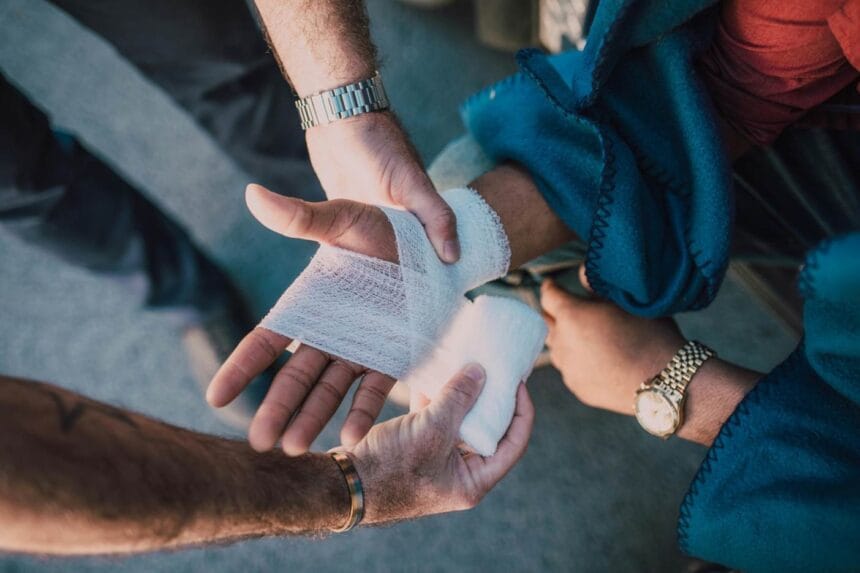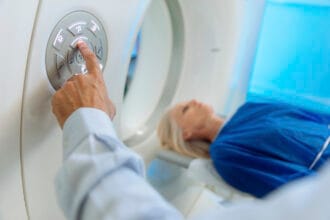Not all injuries are visible immediately after a car accident. Some conditions develop hours or even days later, presenting challenges for both patients and healthcare providers. Identifying these delayed symptoms early is essential for effective treatment and for supporting patients in making informed decisions about their recovery.
Commonly Overlooked Injuries
Whiplash is one of the most frequent hidden injuries after a collision. It can take 24 to 72 hours for symptoms such as neck stiffness, headaches, or shoulder pain to appear. Soft tissue injuries may also go unnoticed at first, especially if adrenaline temporarily masks pain. These injuries include muscle sprains, ligament tears, and contusions that can lead to long-term discomfort if left untreated.
Concussions are another concern, particularly if a patient did not lose consciousness at the scene. Symptoms like memory problems, dizziness, irritability, or difficulty concentrating may emerge gradually. Internal injuries such as organ bruising or slow internal bleeding might not cause immediate pain but could result in serious complications if not identified promptly.
Why Early Evaluation Matters
Prompt medical evaluation after an accident is critical, even if the patient feels fine. Early assessment helps identify subtle signs that could suggest a more serious issue. Documenting these symptoms can also play a role in legal or insurance-related matters, especially for individuals who may seek compensation after a car accident.
Delayed treatment can lead to complications that extend recovery time. Healthcare professionals should encourage patients to report any new or worsening symptoms, no matter how minor they may seem. Follow-up appointments and symptom tracking are helpful in identifying patterns that could indicate a developing injury.
Communication Is Key
Clear communication with patients helps ensure hidden injuries are not missed. Asking targeted questions about pain, mobility, and cognitive function can reveal issues that might otherwise go unreported. Explaining the potential for delayed symptoms also prepares patients to monitor their condition and return for further care if needed.
Healthcare professionals play a vital role in detecting hidden injuries after accidents. Through thorough assessments, continued monitoring, and patient education, providers help reduce long-term consequences and support safer recoveries. Look over the accompanying resource for more information.










